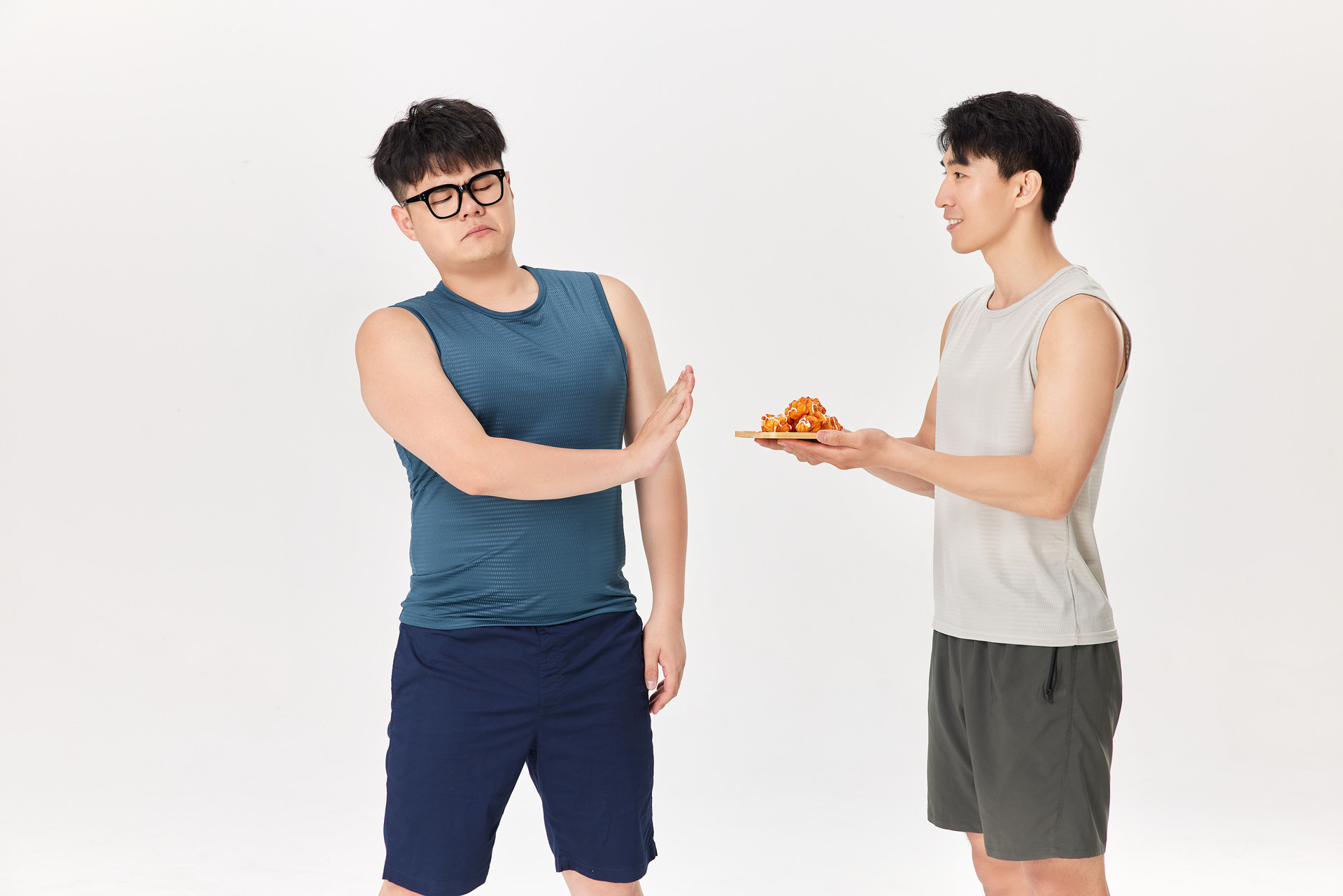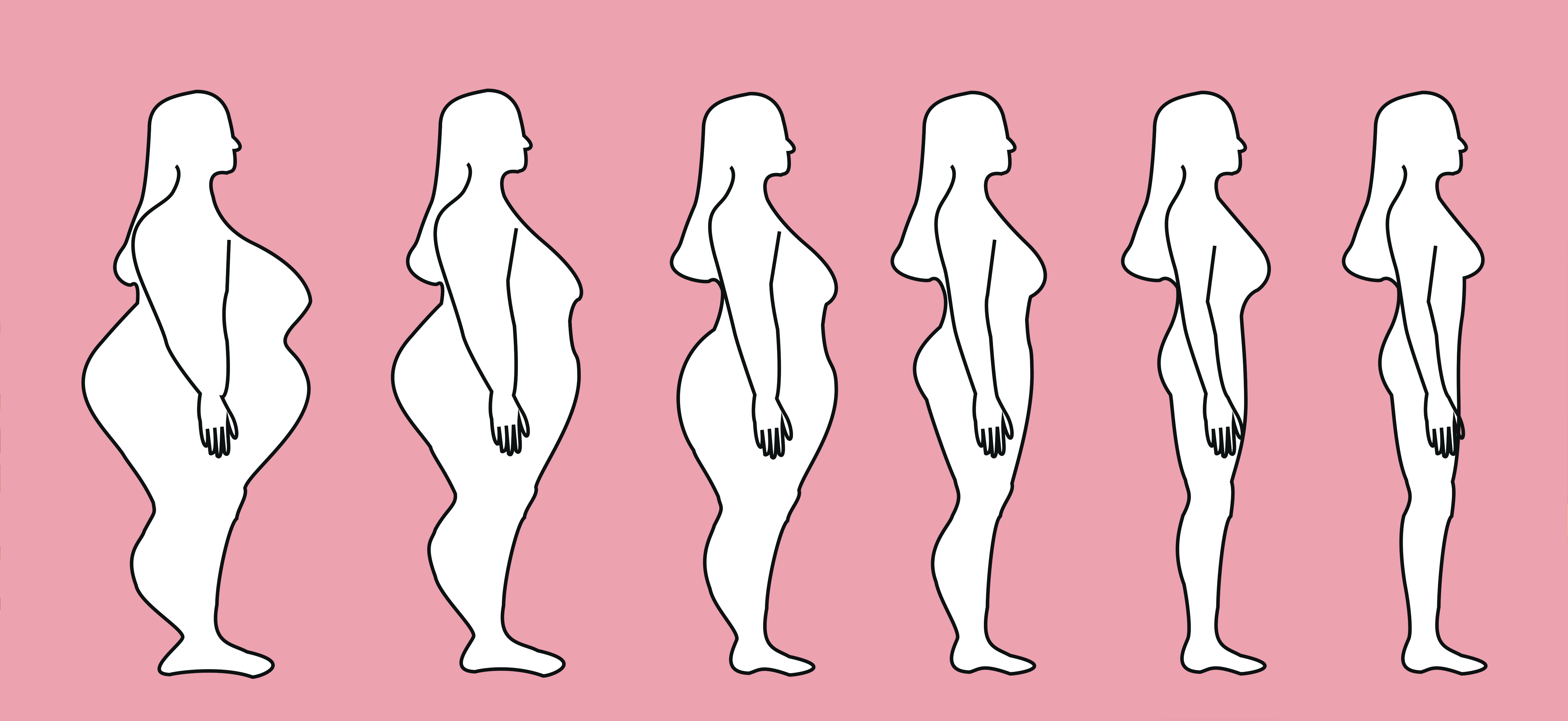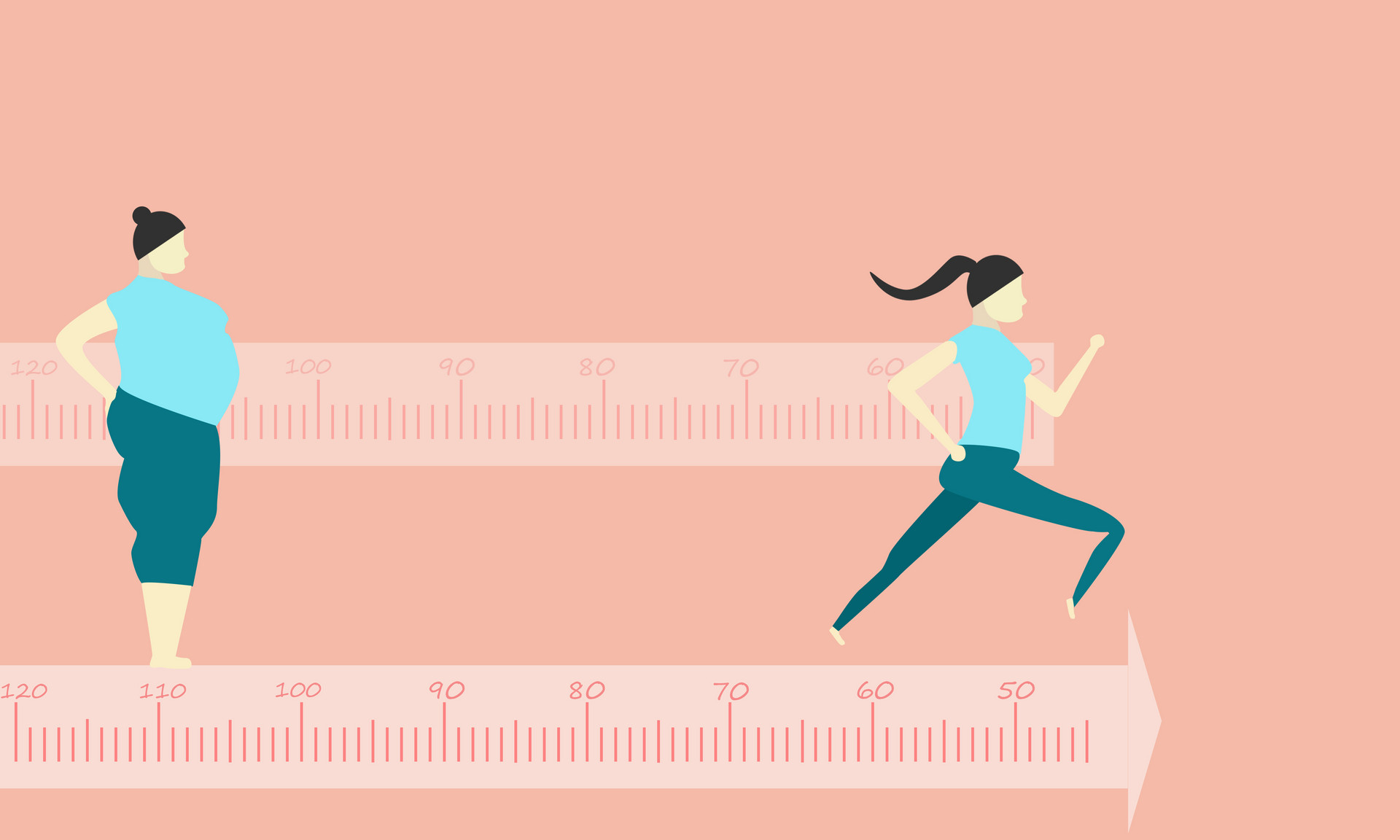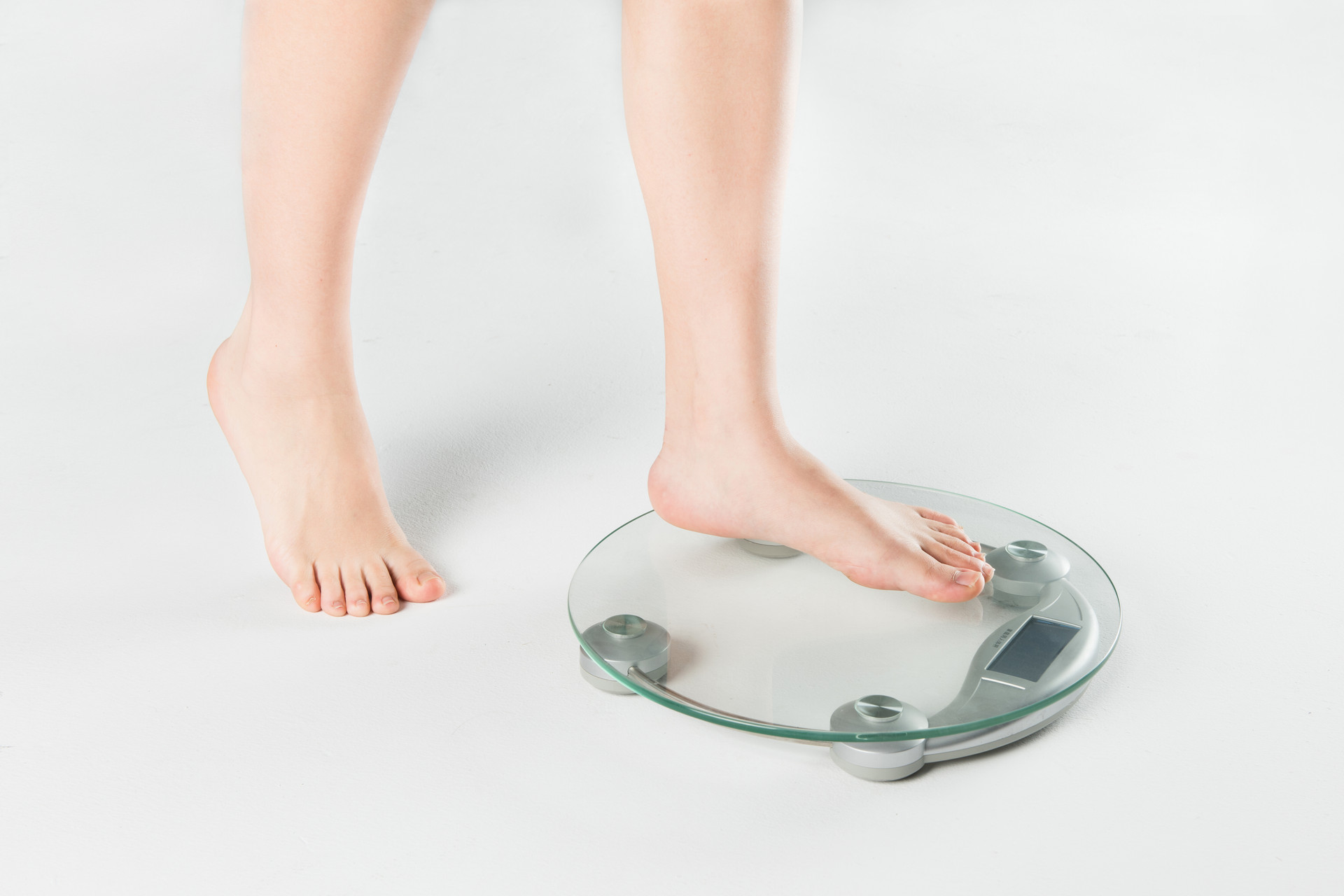Honestly, which overweight person doesn't have a desire to lose weight? It's not just me, others who are not overweight will not understand the feelings of overweight people. But losing weight also requires methods. If you fall into these misconceptions, you may not be able to lose weight at all.
Misconception 1: Exercise More to Lose Weight
Reality: Exercising when fatigued will make you crave sweets.
No matter how tired you are when you wake up in the morning or after work, you still insist on going to the gym to exercise because burning more calories is a good thing. Is it true?
"When a person feels extremely tired, it is best to give up exercising," experts say. "Taking a nap is wiser than reluctantly exercising. When a person lacks sleep, hormone levels change and the body craves starchy and sugary foods." Additionally, when tired, a person's willpower is relatively weak - a recent study from the University of Chicago showed that people who didn't sleep well the previous day generally eat more than 200 calories of high-calorie foods the next day.
Updated strategy: It is rare for anyone to be able to guarantee 8 hours of sleep and 1 hour of exercise every day. Experts recommend striving for 7 hours of sleep and scheduling exercise earlier in the day because not exercising within 4 hours before sleep is beneficial for a good night's rest.
Misconception 2: Eat Less to Lose Weight
Reality: Occasionally letting loose on your diet plan will undo all your efforts.
You may strictly follow a weight loss diet plan every day and only indulge on weekends during social gatherings. According to a study from the University of Washington School of Medicine, dieters tend to gain back the weight they lost during the week on weekends. "When you want to lose those last few pounds, every calorie counts," says a nutritionist. "Eating whatever you want on the weekend undoes all the effort you put in during the previous 5 days."
Updated strategy: Consistency is key in weight loss. A study published in the International Journal of Obesity found that people who consumed the same amount of calories each day were more effective at maintaining their weight compared to those who restricted their calories during weekdays. This means that consuming a similar amount of calories every day of the week, instead of strictly dieting during weekdays and indulging on weekends, produces better results.
Misconception 3: Whole Grain Foods Help with Weight Loss
Reality: Whole grain snacks may not be as healthy as they seem.
If you've replaced all your snacks with seemingly healthy whole grain options (such as bran cookies), "many of these whole grain products can be high in fat, sodium, and calories without specifying the exact calorie content," says an expert.
Updated strategy: Eating whole grain foods does have benefits for weight control, but this does not include whole grain snacks like bran cookies or sweet crackers. You should focus on consuming more brown rice, oatmeal, whole wheat bread, and grains. "These foods contain a large amount of fiber, which helps suppress appetite and are also low on the glycemic index," says an expert. Low glycemic index foods allow energy to enter the bloodstream slowly, providing sustained energy for a longer time and preventing hunger.
Misconception 4: Losing Weight is Faster with a Buddy
Reality: Your best friend may hinder your weight loss efforts.
It's obviously more fun to have a friend join you in your weight loss journey rather than silently suffering through dieting alone. That's why many people who want to lose weight are eager to convince their best friends to join their weight loss plan. The bad news is that their lack of enthusiasm may negatively impact your weight loss plan.
"Partners observe each other's eating and exercise habits and make adjustments to synchronize their pace," says an expert. If your weight loss partner makes excuses to not exercise or eats junk food that you had planned to avoid, you may also find it difficult to resist compromising.
Only those who have similar weight loss goals and can strictly adhere to the weight loss plan can establish a weight loss alliance. "If you have to persuade your friend to join your weight loss or exercise plan," says an expert, "it means that she is not determined."
Updated strategy: Sit down with your weight loss ally and discuss your diet and exercise goals. Experts suggest that if your weight loss plans differ significantly, it may be best to pursue your weight loss plan individually or find a like-minded weight loss partner.
Misconception 5: Chew Food Thoroughly and Eat Slowly
Reality: Eating slowly sometimes leads to eating more.
This is probably one of the most repeated weight loss rules: eating slowly helps you eat less. However, this only works when you are eating alone. If you are dining with family or friends, the results may be completely opposite. The American Dietetic Association reported that when dining with family or friends, people tend to consume an additional 40-70% of calories.
"In pleasant environments like restaurants and banquets, people tend to eat more," says an expert. "Social activities easily distract people, making it difficult for them to pay attention to what they are eating."
Updated strategy: When eating out with friends, have a proper eating strategy so you don't have to worry about the calories on the table. "For example, whether you are planning to eat a slice of bread or have a glass of wine, consider the appetizers as your main course instead of an appetizer." In other words, it's safer to reach for the vegetable plate with your chopsticks than to indulge in large portions of meat and fish.
Misconception 6: Avoid Eating Out at Restaurants
Reality: Eating at home can also lead to weight gain.
Frequent indulging in food and drinks at restaurants is obviously not conducive to weight loss. Researchers found that the amount of food served in restaurants is generally two to four times the standard portion size. So buying groceries and cooking at home is definitely beneficial for your waistline.
That may be true, but if you are not careful, some seemingly insignificant bad habits can render this weight loss strategy ineffective: tasting food while cooking, using excessive oil, seasoning, and sauce, and eating leftover soup and dishes while cleaning up the table.
Updated strategy: "Use measuring cups and measuring spoons throughout the entire cooking process," suggests an expert. "That way, you can better judge how much seasoning you've added." Plate size can also help measure your portions. When you eat, always use small plates and bowls, and directly store any leftovers in a container to avoid continuously reaching for more food.












